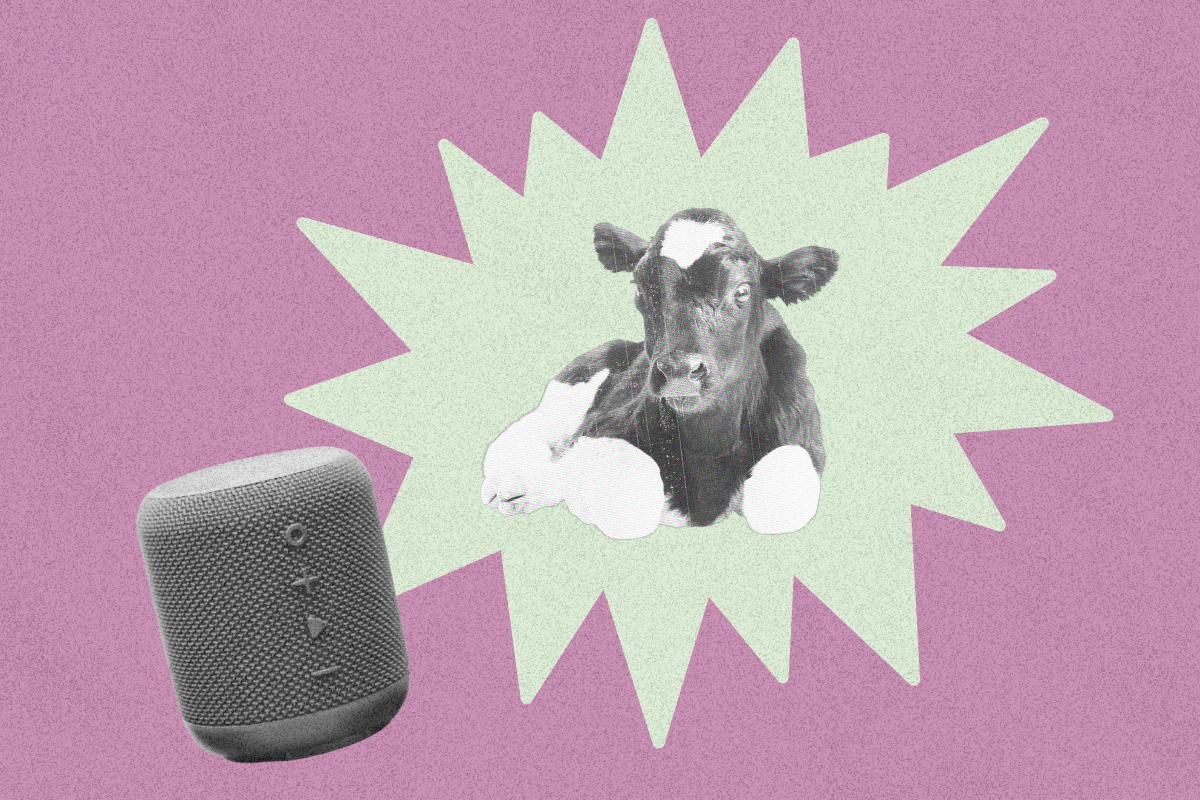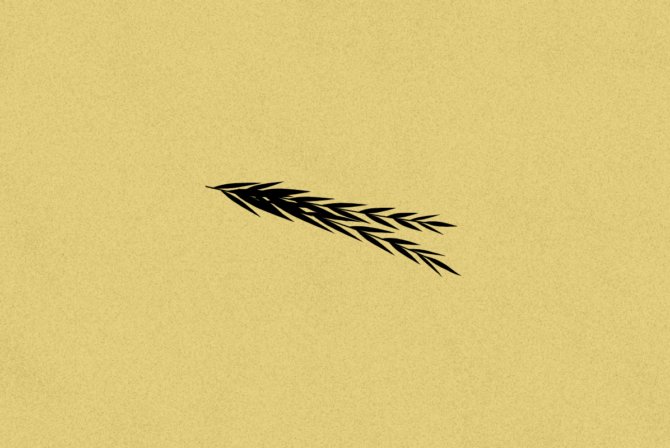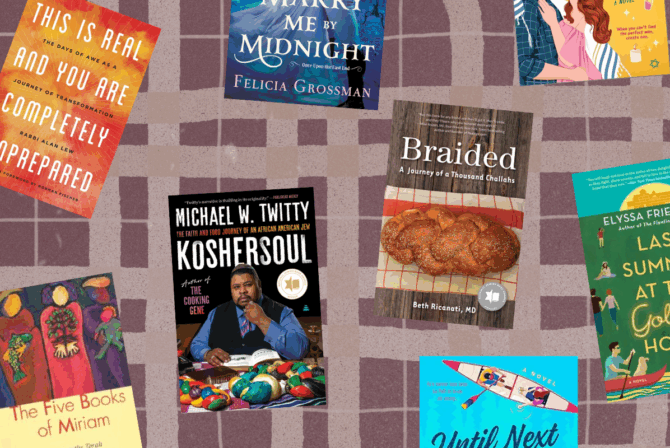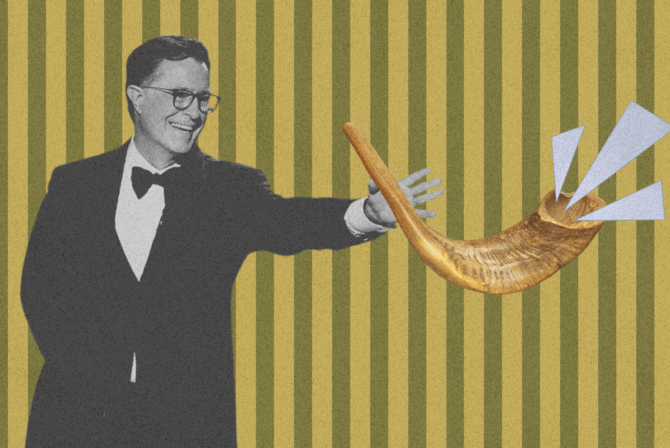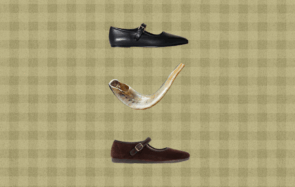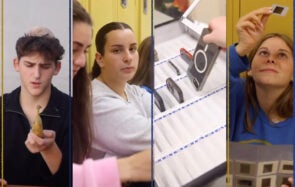It’s midnight on a summer night. I’m singing my toddler the song “Dona Dona” and wondering, for the millionth time, why I’m singing her a depressing song about a calf being slaughtered — and why she is so obsessed with it.
If you think I’m exaggerating about it being depressing, these are the verses:
On a wagon bound for market lies a calf with a mournful eye
High above him, there’s a swallow, flying freely through the sky
Stop complaining, says the farmer. Who told you a calf to be?
Why don’t you have wings to fly with, like that swallow proud and free.
Calves are easily bound and slaughtered, never knowing the reason why.
But whoever treasures freedom, like a swallow has learned to fly.
Dark, right? But something about this song — the universality of wanting to be free, the grim assumption that you have to work for your own freedom — has catapulted the song from its original state — a Yiddish poem — to a civil rights protest anthem, a French pop song, a Vietnamese hit, and I have to assume, the top spot on my 2025 Spotify wrapped.
Let’s deep dive what’s going on here.
The Yiddish poem “Dos Kelbl”
The original version of “Dona Dona,” “Dos Kelbl” (“The Calf” in Yiddish) originally appeared in the Yiddish play “Esterke,” written as a poem in 1932 by Arn/Aaron Zeitlin and composed by Sholom Secunda. The poem is likely based on a story from the Talmud where a rabbi is punished by God for his lack of compassion towards a calf being led to slaughter. The play itself is based on the Jewish legend of Esterke, the Jewish mistress of the king of Poland.
Many wonder if Zeitlin wrote “Dos Kelbl” as an allegory for the Holocaust, but the timing doesn’t match up. Still, it’s widely understood to be an allegory for Jewish exile — at least, until its words were changed in the 1970s.
Translation into English
When Yiddish songwriters Teddi Schwartz and Arthur Kevess put together the collection “Tumbalalaika and 16 other Jewish songs for singing in English” in 1956, they translated “Dos Kelbl” into the English “Dona, Dona.” The name refers to the repeated phrase in the chorus, a refrain common in Polish folk songs.
The English version was quietly popular in American folk circles until 1960, when Joan Baez recorded the song.
Joan Baez’s “Donna Donna”
Before we get into it, can we take a moment to appreciate the album art for Joan Baez’s “Donna Donna”?
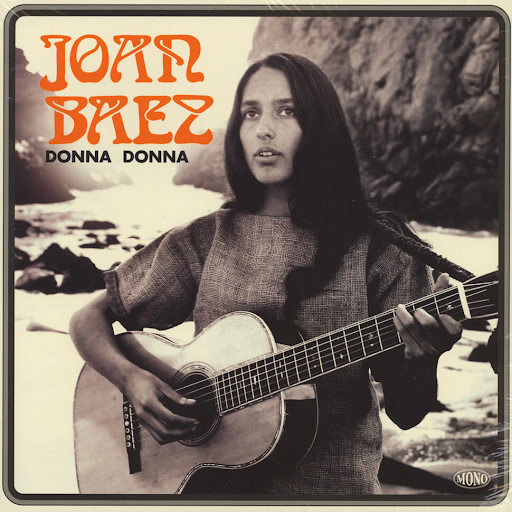
Joan Baez was known for her commitment to the Civil Rights Movement, so undoubtedly the theme of freedom in “Dona Dona” was part of her decision to record the song — though all she is quoted as saying is that she was drawn to the melody. But once the song became a hit, Baez regularly played it at marches and protests. It was even banned in South Korea in 1975, when, according to The New York Times, the country’s Art and Culture Ethics Committee banned “all American protest songs considered revolutionary, subversive or antisocial by prevailing standards.”
About the Joan Baez song, Wikipedia concludes, “this version remains popular, with over 10 millions streams on Spotify.” I think many of those may come from my car, where it plays to squeals of delight from my toddler while her sister tells her, “We already listened to this song, Dona Dummy.”
Global translations
Joan Baez’s version of “Dona Dona” has been covered and translated widely, including into French, Swedish, Vietnamese and Japanese. Each has its own flair and often deviates from the original lyrics, but as a product of the Boy Band era, I’m choosing to focus on the 1998 cover by the French band C4 because oh my god?? What would Aaron Zeitlin think?
Jewish summer camp
When we asked Kveller’s Instagram audience about their memories of “Dona Dona,” the majority of respondents mentioned singing it at Jewish summer camp. Now that I think about it, this song was in my summer camp’s song book (right between “Dodi Li” and “Down by the Riverside”), which is something I’ll be examining in my upcoming thesis, Why did they make us sing such sad songs at Jewish summer camp?
My toddler’s nursery
And here we are, back in my toddler’s nursery, where she’s mumbling sleepily, “more Dona Dona.” I’m not the only one using this song as a lullaby and imparting core memories of calf slaughter on their children — anecdotally, I know of many Jews who remember their parents singing it or who sing it to their own babies. (One of our readers says she used to call it the “tuna tuna” song as a toddler.)
When you think about it, many lullabies and nursery rhymes have dark origins. The most iconic lullaby of all time is about a baby falling out of a tree! I suppose the answer to my question about why I’m singing such a dark song to my toddler is this: If you’re going to sing something so deeply depressing, why not make it Jewish?
